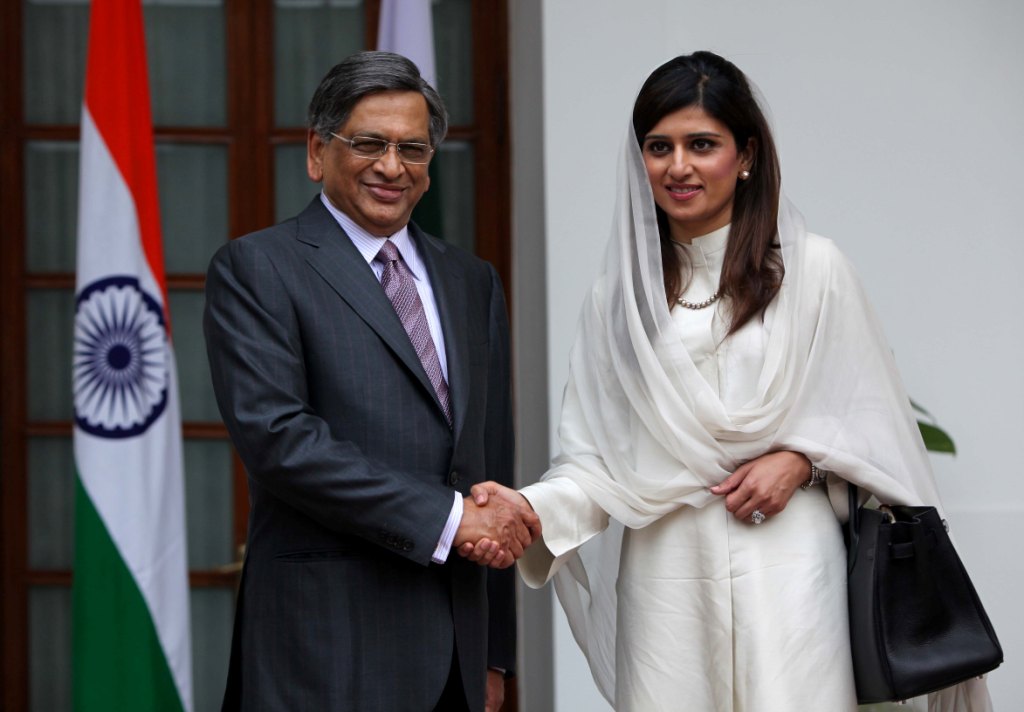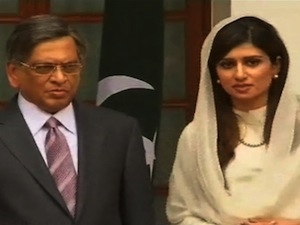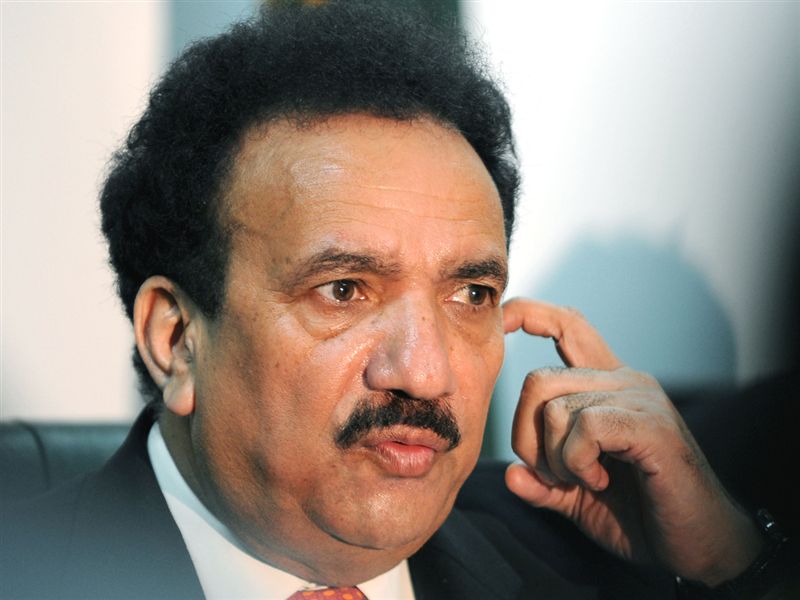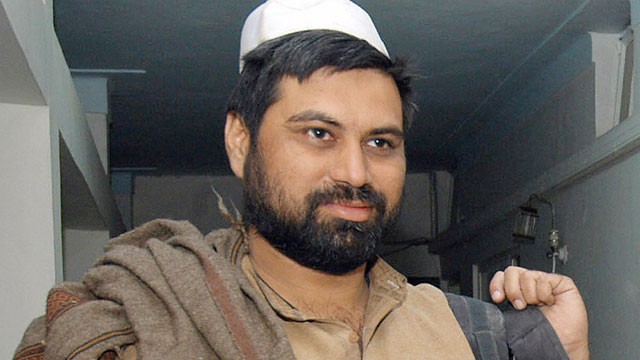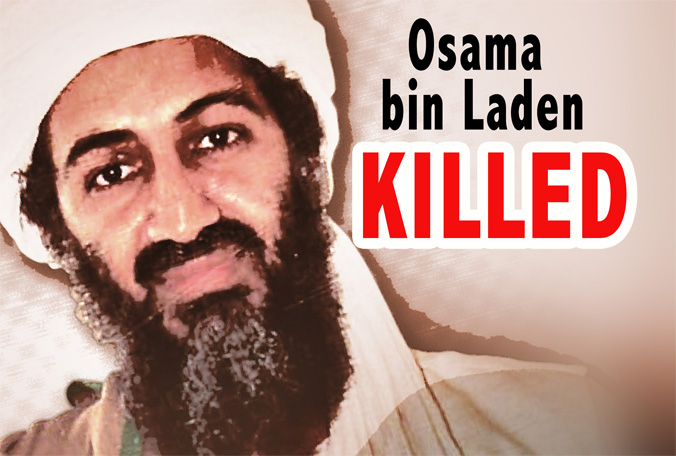Hina Rabbani Khar Bowls India Out
BeyondHeadlines News Desk New Delhi: Hina Rabbani Khar, the new foreign minister of Pakistan who was…
Indo-Pak Joint Statement Following Ministerial Talk
BeyondHeadlines News Desk New Delhi: India and Paksitan issued a joint-statement following…
Indo-Pak Ministerial Talks Underway
NEW DELHI, July 27(Xinhua) -- Indian External Affairs Minister S.M. Krishna Wednesday…
Twin Blasts in Peshawar of Pakistan kill 35, Injure over 100
PESHAWAR, Pakistan, June 12 (Xinhua) -- A twin bomb attack at a…
Pakistan Puts 26/11 Suspects Trial on Fast Track: Interior Minister Rehman Malik
BeyondHeadlines News Desk New Delhi: Pakistan today said that it has put…
18 killed, over 30 injured in suicide blast in Pakistan
ISLAMABAD, June 5 (Xinhua) -- At least 18 people were killed and…
Police: Missing Pakistani Journalist Found Dead
NAHAL TOOSI Islamabad (AP): A Pakistani journalist who investigated al-Qaida's alleged infiltration…
Pakistani commission to investigate Bin Laden’s operation
SLAMABAD, June 1 (Xinhua) -- Pakistani Prime Minister Syed Yusuf Raza Gilani…
India, Pakistan Talks on Sicahen Glacier Yield No Result
New Delhi (Xinhua): India and Pakistan Tuesday failed to break ice on…
US Secretary of State Asks Pakistan to Take Decisive Action Against Militants
ISLAMABAD, May 27 (Xinhua) -- The visiting U.S. Secretary of State Hillary…


